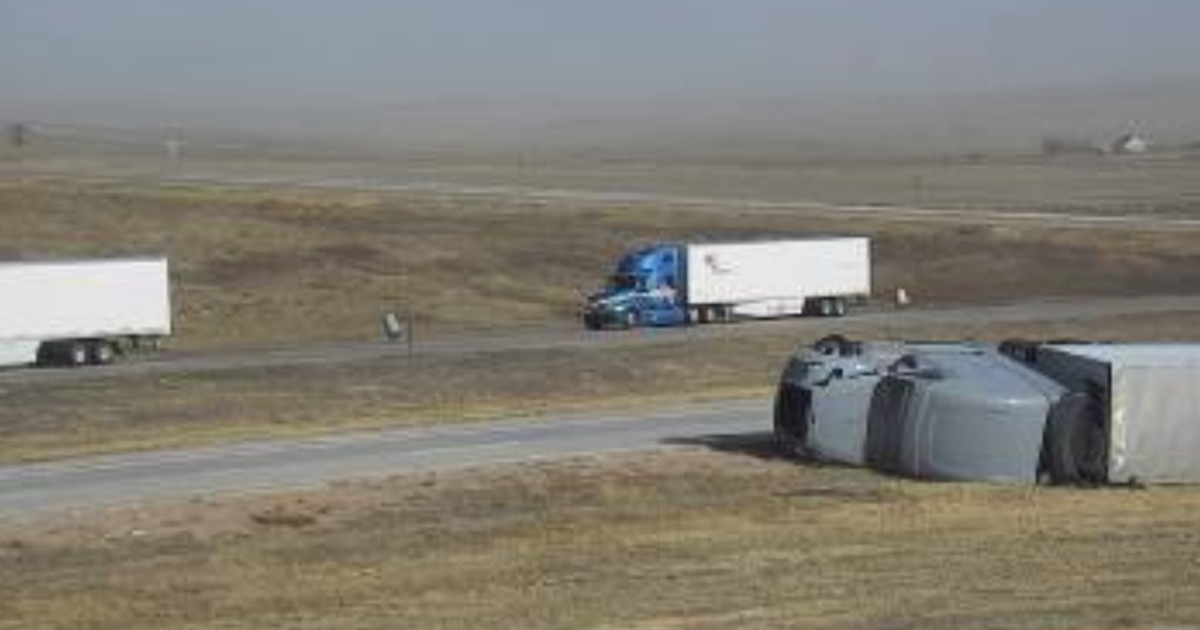Colorado to stop sales tax on diapers and menstrual products
Beginning Wednesday, Colorado will no longer charge a sales tax on diapers, incontinence products and menstrual products thanks to a law which was signed by Gov. Jared Polis earlier this year.
The law is part of an initiative to save Coloradans money in 100 ways.
"This new bi-partisan law finally ends the sales tax on diapers and feminine hygiene products permanently and starts saving people money on these necessary products," Polis said in news release Monday.
According to the Women's Foundation of Colorado, individuals spend about $15 per month on period products. For diapers, families pay close to $75 a month per child. The state estimates the legislation will save Coloradans a combined $9.1 million annually.
"Eliminating the sale taxes on diapers, period, and incontinence products will help improve the affordability of these essential items in a time where inflated prices are hitting working families hard," said state Rep. Susan Lontine, who sponsored the bill.
The law also works to remove the stigma associated with period products and other essential goods, said state Rep. Leslie Herod, another sponsor of the bill.
"Eliminating the sales and use tax on period products, diapers and incontinence products makes these essential products more accessible and saves Coloradans money when they need it the most," Herod said. "Our law also paves the way towards destigmatizing hygiene products that millions of people rely on every day."
In a study commissioned by Thinx and PERIOD, researchers found that one in five American teens struggles to afford menstrual products. The study also reported that 84% of students have or know someone that has missed class time because they did not have access to period products.
Lawmakers who sponsored the bill are hoping the tax exemption on these necessities will allow people to access them more easily.
"This is about dignity," state Sen. Sonya Jaquez Lewis said in the statement. "The more we can make these products affordable, the more access folks will have to these essential products, and the more money folks across our state will save."





